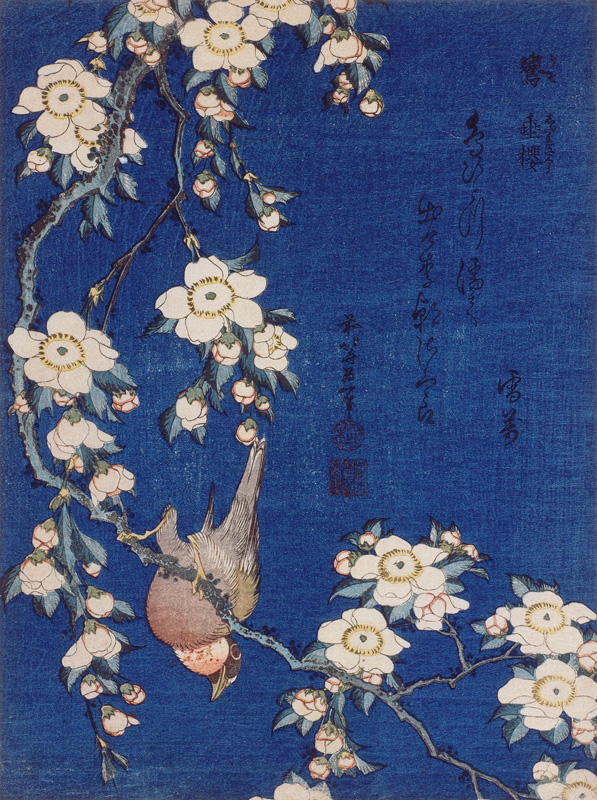
It’s hard to throw a stick in a writing class without hitting someone who’s flummoxed about voice. What is voice, anyway? How do I know if I have one? What if I don’t, and I’ve spent all this time/energy/angst on this writing craft for nothing?
I think the question of voice has become simultaneously far too mysterious and far too infrequently addressed. When many people think of a writer’s voice, they think of some unique, ineffable thing that is difficult to capture but undeniable when encountered. Let’s consider that language for a moment, though. Does it bother anyone else that we tend to speak of voice the same way we talk about a Sasquatch?
Perhaps the trouble lies in trying to develop a definition of voice that can be pinned to a dictionary page and slammed shut. In my experience, voice isn’t so much shifty as shifting; it’s not so much difficult to define as it is resistant to stagnant parameters. Just as we speak differently in real life depending on whether or not we’re talking to a close friend or a loathed work colleague, I think we can fall into many voices that feel at least temporarily fluid. Over time, of course, I think we discover that the voice we use for Griselda in Shipping is less flexible and resonant than the one we use when speaking to a deeply trusted friend, but even so, how we speak to even our most intimate companions can vary depending on the day and the mood. In my experience, I find that weaving together an authorial voice depends both on the project and what aspects of my creativity I’m drawing on to develop that project. In a sense, I choose voice the same way I imagine a painter chooses paints, brushes, and canvas.
Furthermore, I think that our sensibilities around voice can change over time. An authorial voice that might have felt absolutely right for a particular project at a particular time might not be the same voice I’d use to tackle that same project today. There’s nothing wrong with that, and it’s certainly not a sign that my voice can’t be trusted. It’s simply a sign that voices can evolve depending on how our lives unfold and our sensibilities shift.
So instead of trying to find your voice, I encourage you instead to think instead about what you want to say. What project is tugging at your sleeve right now, and how can you write about it in a way that helps you capture what you find important about it? Try to worry less about being distinctive, and more about being in the service of the work. As always, it’s not about defining yourself as a writer that matters, it’s about doing whatever it takes to free yourself up enough to write.
Art: Katsushika Hokusai, Bouvreuil et Cerisier Pleureur en Fleur
But OF COURSE!!